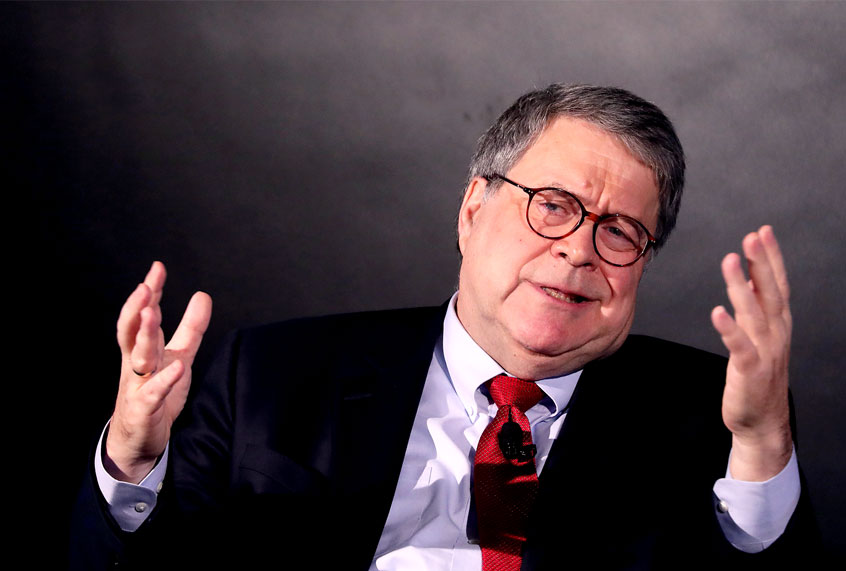Although President Donald Trump often rails against the mainstream media and insists that countless journalists are out to get him, he and his officials will manipulate or deceive major news outlets whenever they can get away with it. This week, two such outlets have apologized for letting Trump officials get away with lying: USA Today and National Public Radio.
Earlier this week, USA Today published an op-ed by Peter Navarro — one of Trump’s top economic advisers — that claimed that Dr. Anthony Fauci has repeatedly been wrong about the coronavirus pandemic. But Bill Sternberg, USA Today’s editorial page editor, is now saying that some of Navarro’s anti-Fauci claims don’t hold up when fact-checked.
According to Sternberg, “Several of Navarro’s criticisms of Fauci — on the China travel restrictions, the risk from the coronavirus and falling mortality rates — were misleading or lacked context. As such, Navarro’s op-ed did not meet USA Today’s fact-checking standards.”
USA Today’s Ledyard King cites some specific examples of things Navarro wrote that were inaccurate. For example, Navarro wrote:
In late January, when I was making the case on behalf of the president to take down the flights from China, Fauci fought against the president’s courageous decision — which might well have saved hundreds of thousands of American lives.
King, however, explains: “Trump and his supporters have touted the restrictions on travel from China as a travel ban, but the move stopped short of that. As Health and Human Services Secretary Alex Azar told reporters January 31, the country was denying entry to foreign nationals, ‘other than immediate family of U.S. citizens and permanent residents, who have traveled in China within the last 14 days.’ In addition, experts said there isn’t enough data to conclude the restrictions made a significant difference. A study in the journal Science found the various travel limitations across the globe helped slow the spread of the pandemic, but more was needed to contain it.”
Navarro also wrote:
When I was working feverishly on behalf of the president in February to help engineer the fastest industrial mobilization of the health care sector in our history, Fauci was still telling the public the China virus was low risk.
But according to King: “There’s no evidence of a large-scale effort by the Trump administration to mobilize supplies for the pandemic as early as February, although experts contend that a forceful response then would likely have limited the spread and saved lives. Trump said little in public about the virus during that time period and downplayed the threat.”
Meanwhile, on NPR’s website, Public Editor Kelly McBride criticized the outlet for letting Attorney General Bill Barr get away with lying during a “Morning Edition” segment that aired on June 26 and was hosted by reporter Steve Inskeep. That day, McBride writes, NPR listeners “heard U.S. Attorney General Barr falsely declare that mail-in ballots will jeopardize the security of the upcoming presidential election.”
Barr told NPR:
There’s so many occasions for fraud there that cannot be policed. I think it would be very bad. But one of the things I mentioned would be the possibility of counterfeiting.
According to McBride, the claim that mail-in voting promotes fraud is contradicted by “extensive reporting — including by NPR before Inskeep’s interview — fact-checking and academic research. The overwhelming consensus is that there’s no credible evidence that counterfeit mail-in ballots have posed any substantial threat to election security.”
“I felt it was such a ridiculous set of claims because he clearly didn’t know what he was talking about,” said Charles Stewart, a political science professor at MIT, in response to Barr’s claim that ballots could be stolen from mailboxes and counterfeited on a large scale and argued,
McBride writes: “I agree with the audience members who have cried foul at how this was presented. While some would argue that when a powerful government (official) offers an outrageous point, listeners should get to hear it, this interview made it too easy for those listeners to come away with an incomplete understanding — or even believing that Barr’s widely debunked statement is a credible concern.”


